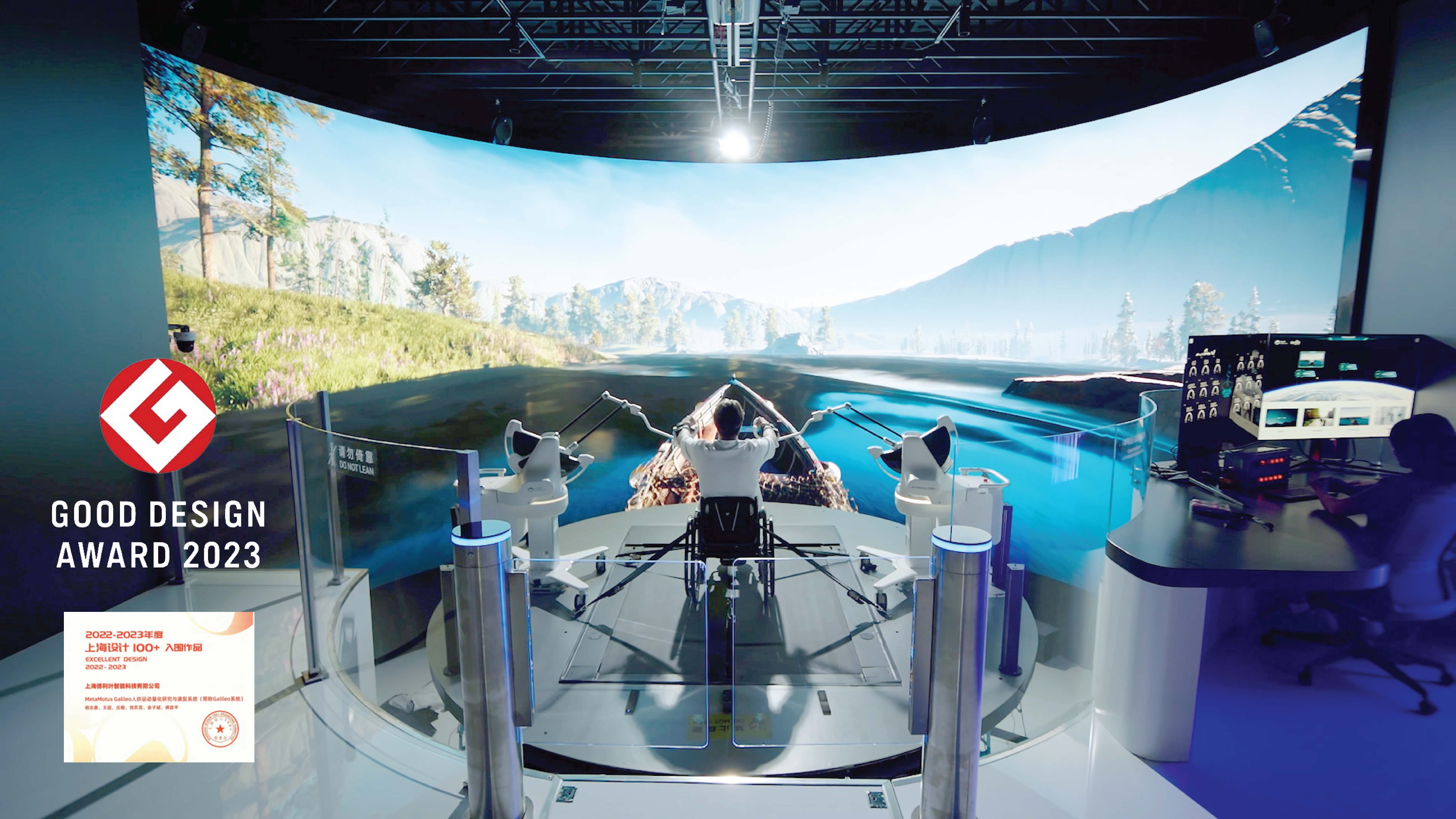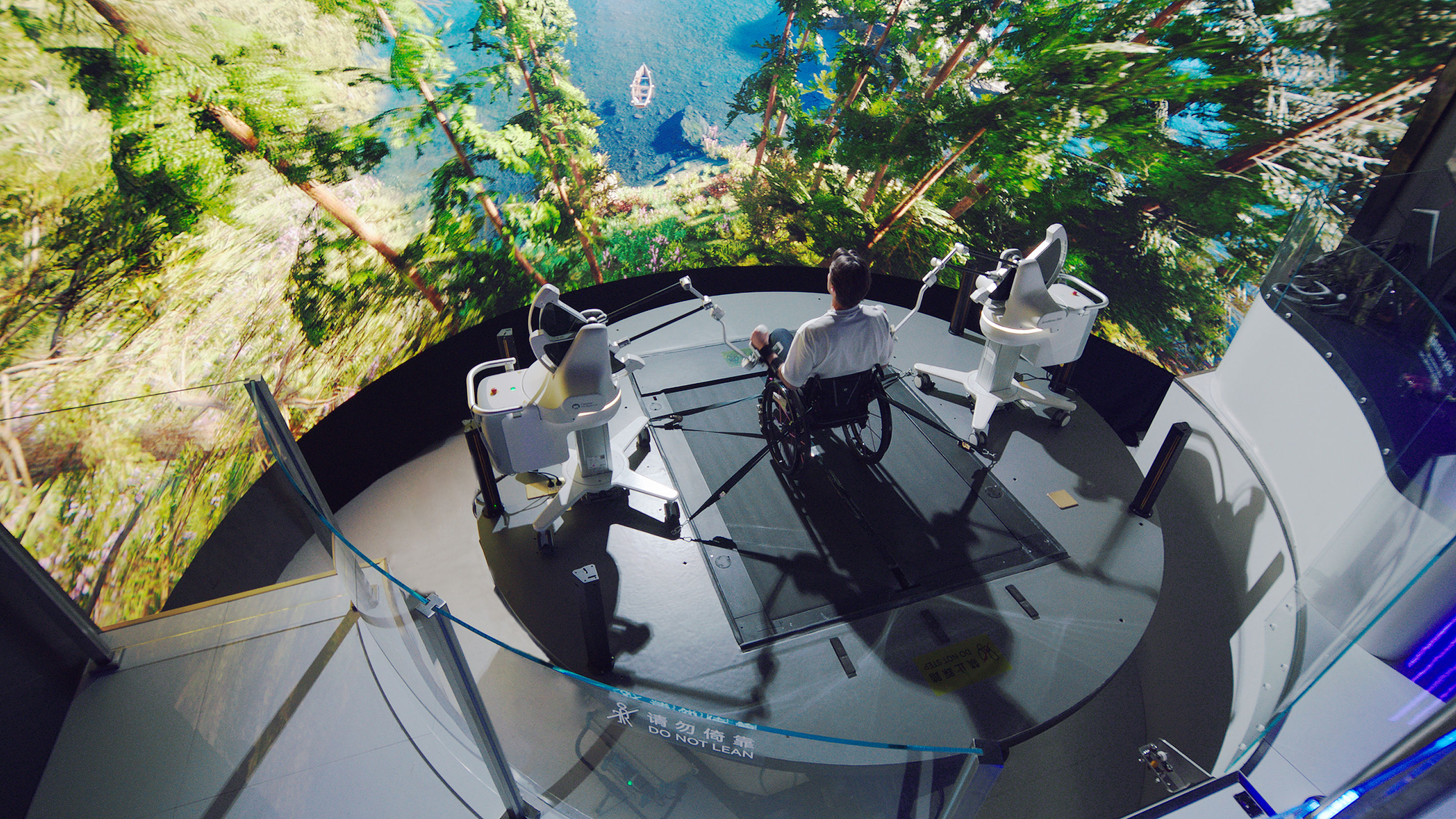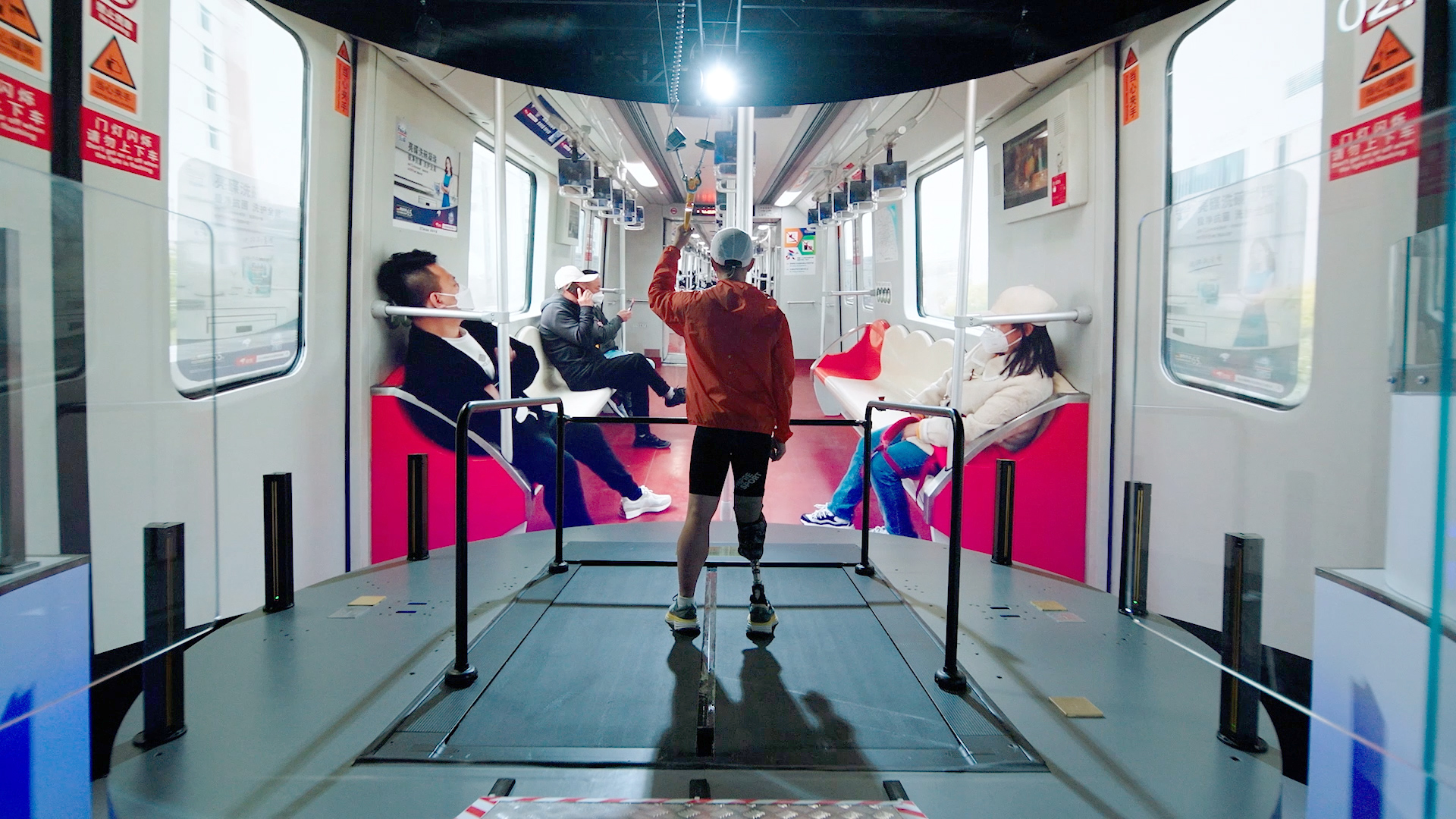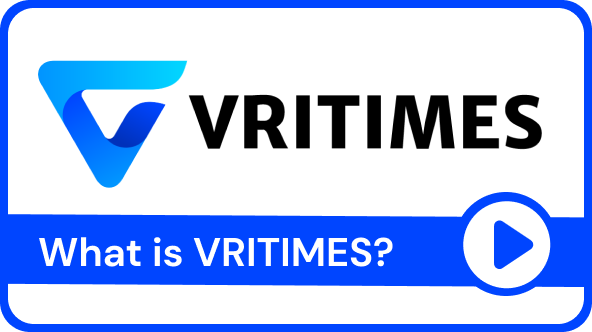/ Fourier Intelligence’s Revolutionary Rehabilitation Platform - MetaMotus™ Galileo Clinches Two Design Awards
Fourier Intelligence’s Revolutionary Rehabilitation Platform - MetaMotus™ Galileo Clinches Two Design Awards
Fourier Intelligence, a leading player in the rehabilitation technology industry, has recently clinched two prestigious awards. Adding to its accolades, Fourier Intelligence was awarded the Good Design Award 2023 and the Shanghai International Design 100+ Award for the MetaMotus™ Galileo. Combining the disciplines of biomechanics, rehabilitation, and sports science, the revolutionary platform enables an immersive and safe environment for patients and medical professionals. In line with Zen Koh, Co-Founder and Global CEO of Fourier Intelligence’s concept of Rehab 4.0, the new platform will revolutionise and drive the rehabilitation technology industry forward by enabling a sustainable and inclusive ecosystem that paves the way for further protocol development and creating endless possibilities and breakthroughs.

Picture 1: Fourier Intelligence awarded the Good Design Award 2023 and Shanghai International Design 100+ Award for the MetaMotus™ Galileo
With a career in robotics and rehabilitation spanning over two decades, Zen Koh’s leadership played a vital role in developing the MetaMotus™ Galileo. Combining his knowledge and experience, he led the research and development team in ensuring that every aspect encompasses the concept of Rehab 4.0, allowing it to function as an open platform that propels growth and collaboration. While Fourier Intelligence champions the development of the MetaMotus™ Galileo, it promotes collaboration where its versatility allows different devices to be used cohesively with it.
“The MetaMotus™ Galileo takes the rehab industry further, allowing for even more collaboration between industry players and experts. The concept of Rehab 4.0 encompasses the utilisation of revolutionising technology that changes the way of conventional rehabilitation methods. As we progress, we can see many changes to the world around us through technology, which has become an essential tool instead of a luxury compared to two decades ago. A great example is our smartphone, a palm-size device that embodies multiple tools in one. Rehabilitation technology is no different, and we should embrace changes through advancements for the betterment of humanity by focusing on patient outcomes. The MetaMotus™ Galileo is designed to be an open platform for all, regardless of whether a patient uses a wheelchair or a prosthetic leg; we aim to create tailored solutions for them. The awards received are a welcomed motivation for our team as we strive to develop and deliver even more advanced solutions for better patient recovery and allow them to live fulfilling lives with their loved ones,” said Zen Koh, Co-Founder & Global CEO of Fourier Intelligence.

Picture 2: The MetaMotus™ Galileo enables cross-device integration between Fourier Intelligence range of devices, such as the AmrMotus™ EMU and wheelchair and prosthetic training.
Featuring biomechanical analysis capabilities by combining virtual reality and robotics, the MetaMotus™ Galileo establishes a revolutionary platform that enables users with different needs to train in an immersive environment. Functioning as an open platform that accommodates customised protocols, it provides a dynamic range of rehabilitation methods. These encompass robotics-assisted training for upper and lower limbs, wheelchair training, dynamic balance training, prosthetic adaption, and gait retraining. Its advanced Galileo X processor also allows for exposure therapy for PTSD and real-time multimodal data analysis. This fosters a comprehensive rehabilitation ecosystem that readily empowers therapists to develop new protocols and treatments for patient applications.

Picture 3: The MetaMotus™ Galileo can create a controlled virtual environment for rehab or research, for example, walking up and downhill, commuting, and canoeing.
With its patient assessment capabilities, the MetaMotus™ Galileo can train patients for real-life scenarios. Helping them regain complete independence upon leaving the healthcare facility and achieve functional independence, allowing them to reintegrate into society after suffering an injury.











